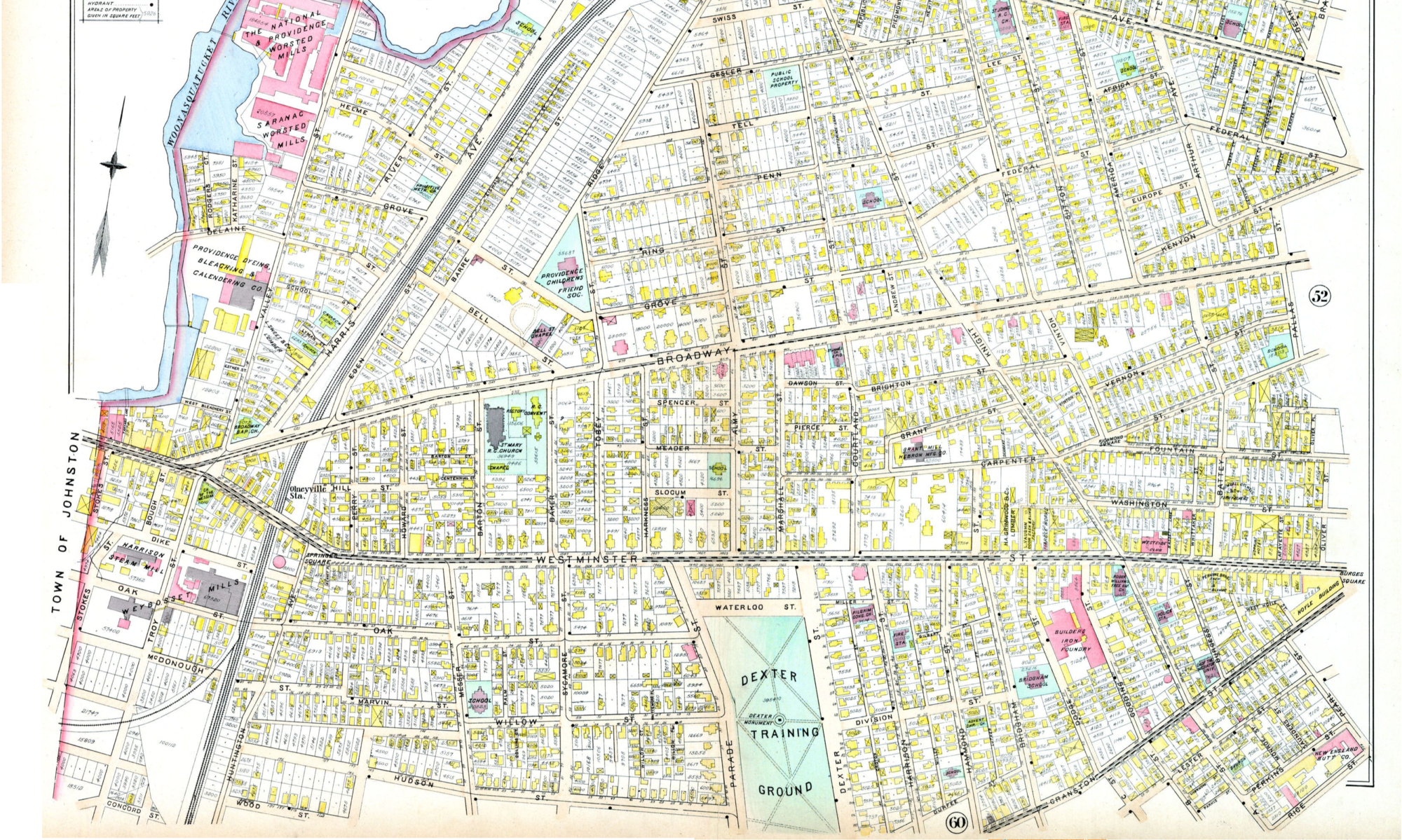My extraordinarily thoughtful and intelligent friend Jeff Kaufman occasionally writes about contra dance issues on his blog. I have a slight disagreement with his most recent post (though I agree with most of his assumptions) so I decided to post my response here as well as in his comments.
Jeff’s post
Given that:
- In contra dance anyone can dance either role.
- The current role names suggest men should dance one role and women should dance the other.
- To many dancers the traditionally male and female roles have a substantial lead/follow dynamic, while to others there is no or minimal role-based lead/follow.
I see:
- Calling the roles “lady” and “gent” doesn’t work for some dancers, and continues a pattern of men telling women what to do.
- Calling the roles “lead” and follow” doesn’t work for other dancers, and pushes contra toward becoming a full lead/follow dance.
- The terms “port” and “starboard” have emerged as a clear favorite over many discussions.
So:
- I’ve made up a set of my dance cards to use port/starboard (pdf).
- When I’m booked to call dances I’ll ask if it’s ok for me to call this style.
Alex’s reply
I think another important criterion for role names in contra is whether they’re quickly understandable by the dancers. My perspective is that Gent/Lady is problematic for the reasons you articulate, Lead/Follow is problematic for the reasons you articulate (also, at the Free Raisins dance at Hampshire College last week, we saw that “Lead” sounds too much like “Lady”), and nothing else has wide enough acceptance to be useable. I understand critiques of this perspective that it’s too complacent to a problematic system, but I would argue that trying to instigate a new vocabulary is as futile as trying to force a change in natural language.
The solution I prefer is to acknowledge that the current options are problematic for these reasons, and use one of them consistently and conscientiously. I prefer Gent/Lady, because it’s what I learned with, and I think it’s okay because I distinguish the role names from the gender identities they mean traditionally.
What I cannot tolerate is Man/Woman for role names, because that is so indistinguishable from colloquial names for gender roles that when those role names are used, it feels like the dance roles have to be the same as perceived gender roles. THAT is not okay.
I think Gent/Lady mostly avoids this problem because people don’t really use those words to refer to gender roles in our contemporary context. Their use for that purpose is archaic, so it’s easier to assign them primarily to the dance role definition.
